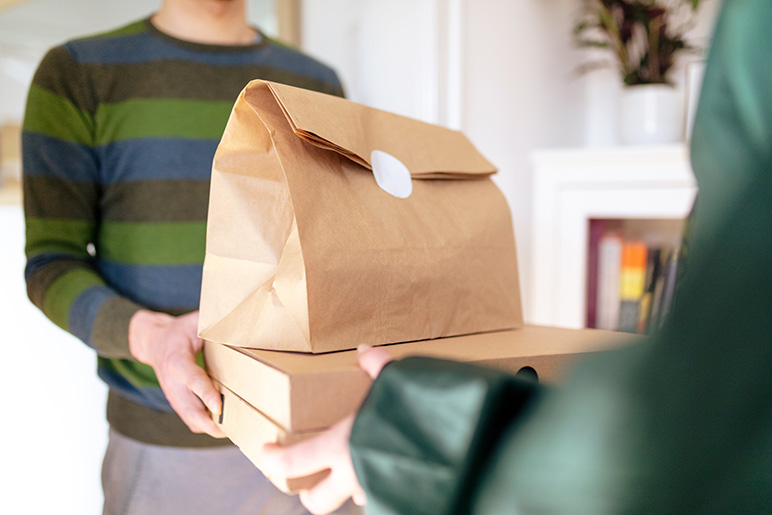
The gig economy, comprised of short-term jobs and freelance work primarily supported by mobile apps, has seen major growth in the past decade. According to the Pew Research Center, in 2021, 16% of Americans reported earnings from gig work on platforms like Uber, Lyft, Amazon Flex and DoorDash.
There is no doubt that these platforms can be very appealing. The apps are easy to use, offer flexible hours and provide an opportunity for near instant income. Each year, millions of Americans use these platforms to find additional streams of income or as their choice of full-time work.
This ease of use could lead to a potential pitfall. Most new and existing drivers don’t take the time to consider if their car insurance policy covers them while using the app and working.
Are side gigs covered by insurance?
The fact of the matter is that most personal auto insurance policies do not cover accidents that happen while a vehicle is being used for commercial purposes – including rideshare or delivery. So, if coverage hasn’t been confirmed with the insurance company, any accident that occurs while working a side gig may not be covered. That could leave the individual responsible for the vehicle damage, potential medical bills and more.
The rideshare or delivery role is typically split into three phases.
- The driver has the app on and is waiting for a delivery or ride request.
- The initial request has come through, and the driver is traveling to pick up the food or the passenger.
- The driver is transporting items to the customer or the passenger to their destination.
There are gig-work platforms that might provide some coverage, but often coverage only applies to phases two and three. If phase one is not covered by the platform, that creates a dangerous gap in coverage. If all three phases are covered by the platform, the coverage may still be very limited in its liability coverage, or the driver may be subject to very high deductibles. It can certainly be difficult to determine if a driver is covered and to what extent depending on the platform.
Delivering peace of mind
To address these gaps in coverage, many insurers, including Indiana Farm Bureau Insurance, offer rideshare endorsements. These add-ons to an existing auto insurance policy can extend coverage to all phases of the rideshare or delivery process, giving drivers peace of mind each time they log into their side gig app.
Before accepting that first delivery or picking up that first passenger, contact your insurance company to check if you’re properly covered. In the likely event that coverage gaps exist, ask if they provide any rideshare endorsements. If you’re currently doing gig work and haven’t checked your insurance, find out before your next shift.
Don’t let a solution for an additional income stream become a financial nightmare.
Joel Abrahamson, senior product manager at Indiana Farm Bureau Insurance, an insurance company headquartered in Indianapolis with offices in all 92 counties. Abrahamson is an experienced insurance professional with more than 35 years in the field.
Indiana Farm Bureau Insurance has served Hoosiers for 90 years. Organized in 1934 by Indiana Farm Bureau, Inc., the company has grown to include insurance products for auto, life, home, business and farm.
Health plan benefits, banking and other financial services and products are also available through its local offices and online at www.infarmbureau.com. With a home office in downtown Indianapolis and local offices in all 92 counties, Indiana Farm Bureau Insurance serves Hoosiers with more than 450 agents and approximately 1,200 employees living and working throughout the state. The company is a leader in auto and homeowners insurance and the largest writer of farm insurance in the state.
Media Contacts:
For media inquiries, please contact one of team members for assistance.